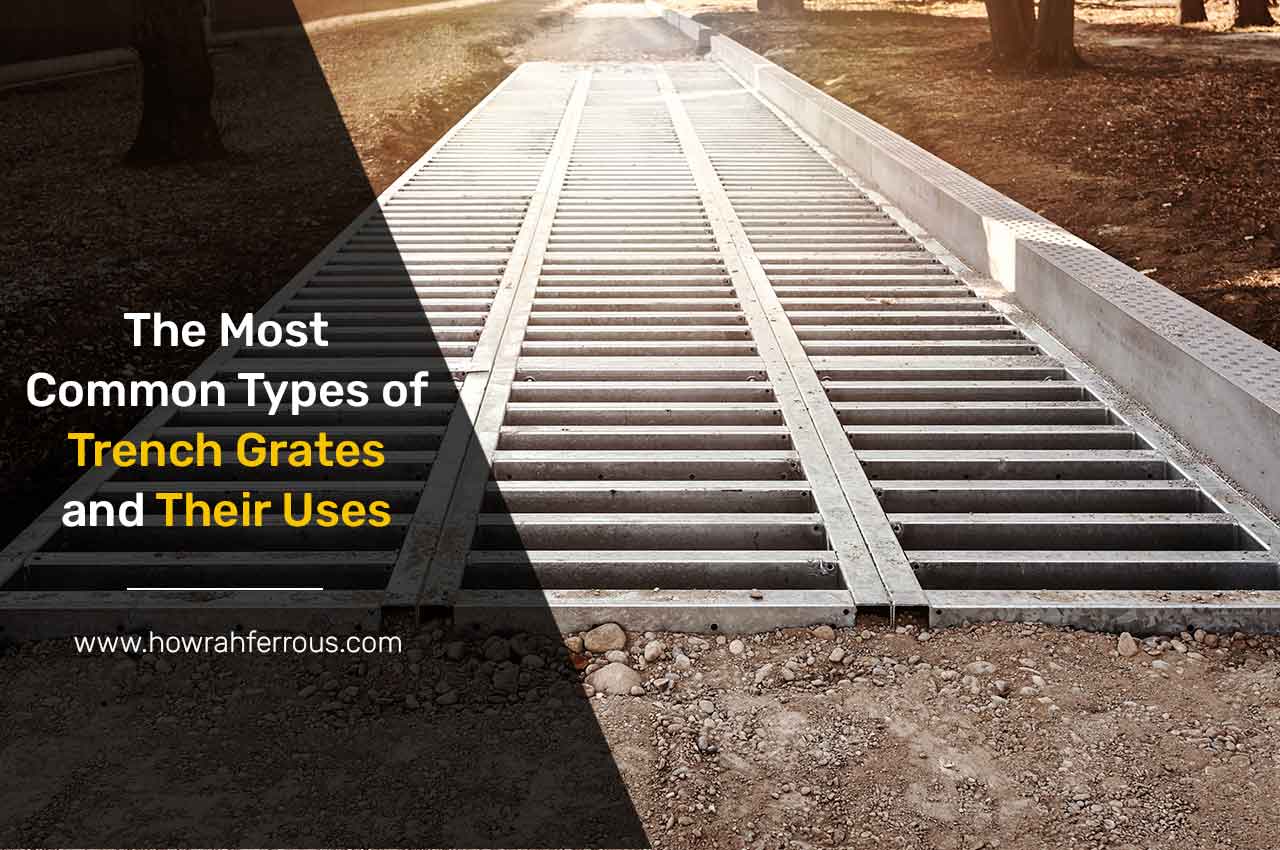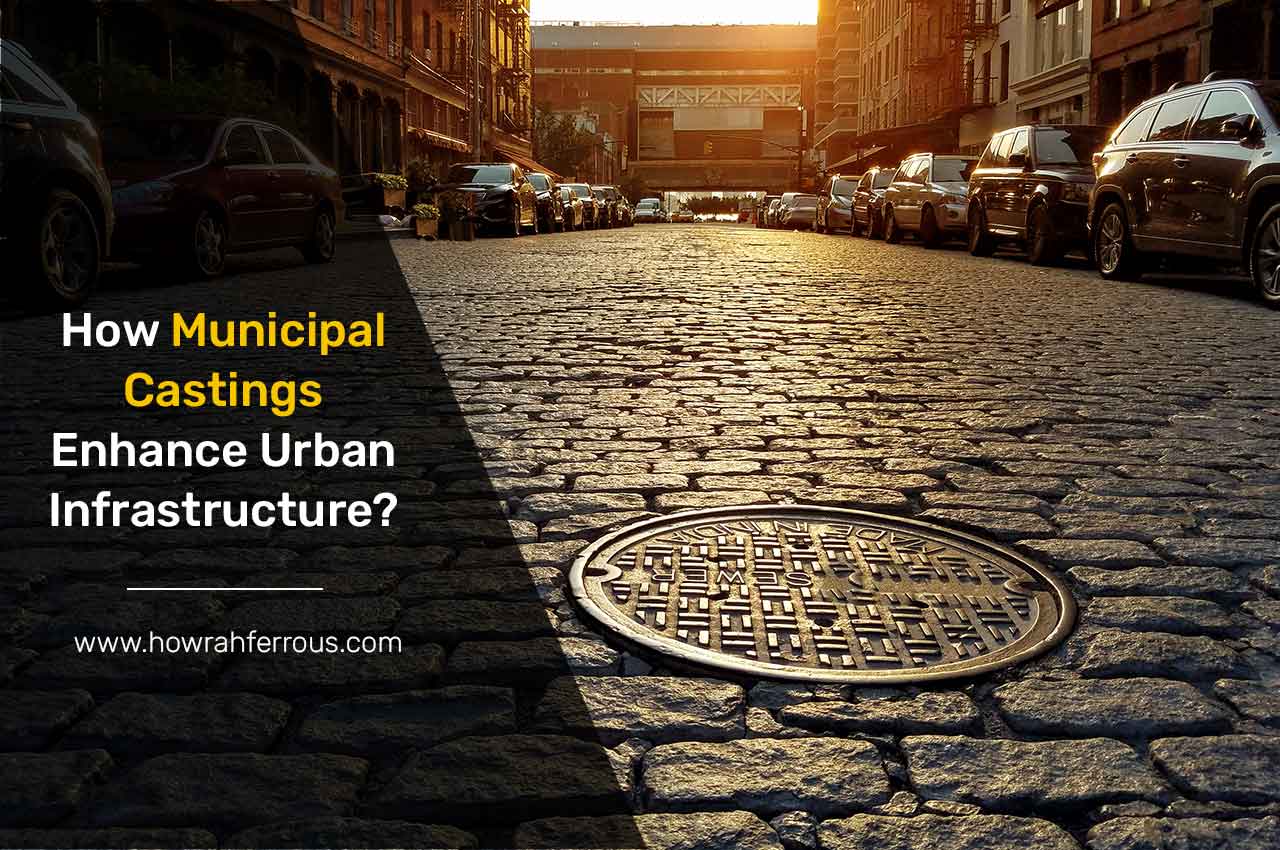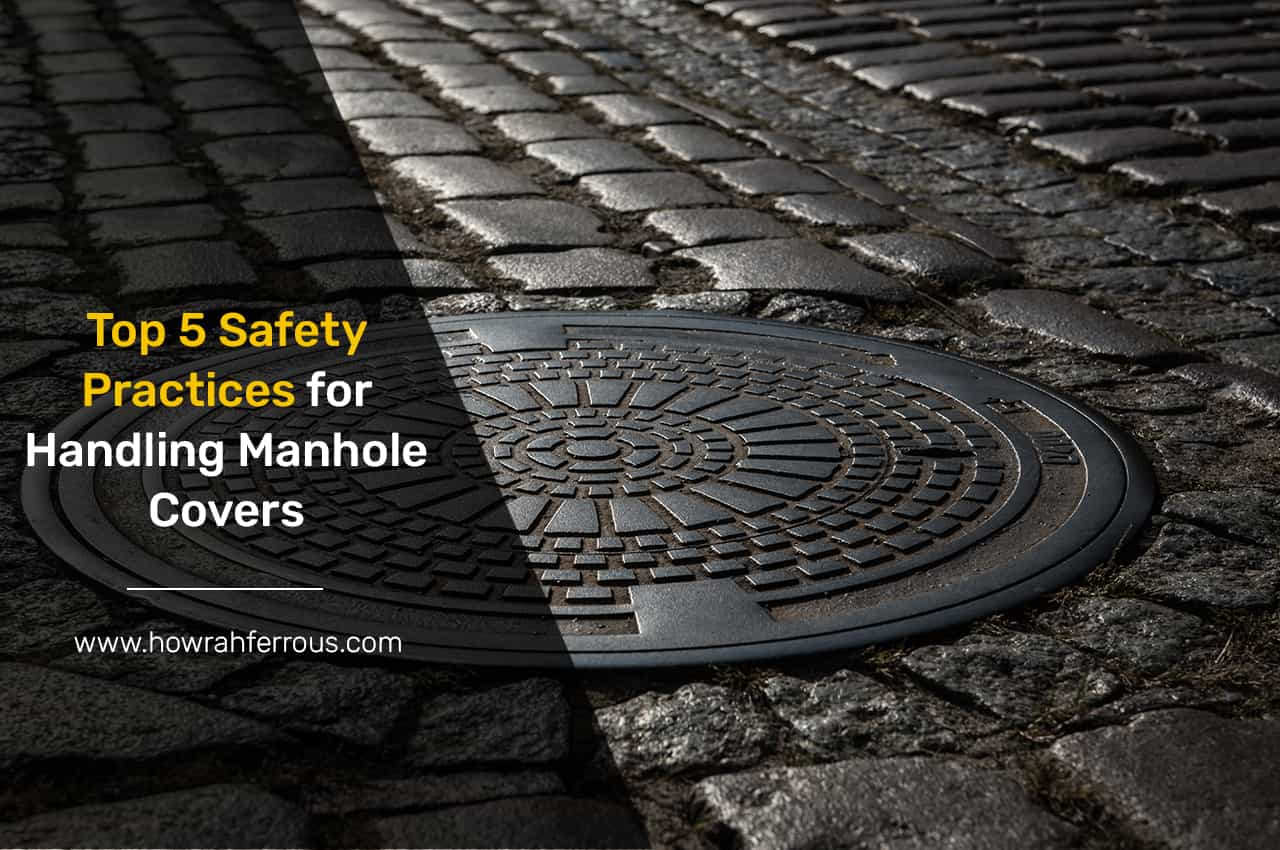Role of Channel Gratings in Enhancing Drainage Efficiency in the Middle East

Efficient drainage systems are critical for urban infrastructure in the Middle East, where rapid urbanisation, extreme weather conditions, and the challenge of managing stormwater are ongoing concerns. Channel gratings, especially those made from cast iron and ductile iron, play a crucial role in improving the drainage efficiency in this region.
Importance of Efficient Drainage Systems in the Middle East
The Middle East is characterised by a variety of climatic challenges, ranging from arid deserts to occasional torrential rainfall. In urban areas, managing stormwater runoff and preventing flooding during rainstorms are essential for maintaining public safety and infrastructure integrity. Drainage systems, such as stormwater channels, must be robust enough to handle extreme weather events, but also durable in environments with high temperatures and corrosive conditions.
This is where channel gratings come into play, as they are integral components of stormwater drainage systems, ensuring the safe and efficient flow of water through streets, public spaces, and other areas prone to flooding.
Channel Gratings- A Key Component of Drainage Systems
Channel gratings serve as protective covers for drainage channels, allowing water to flow freely while preventing debris, solid waste, and other materials from entering the drainage system. In addition to their protective function, these gratings must be durable enough to withstand vehicular and pedestrian traffic, as well as exposure to harsh environmental conditions.
Given the Middle East’s environmental and infrastructural challenges, the material selection for channel gratings is of paramount importance. Cast iron and ductile iron are two materials that have proven to be highly effective for use in drainage systems in this region.
Cast Iron Gratings- Durability and Strength
Cast iron has long been a preferred material for channel gratings due to its excellent strength, durability, and resistance to corrosion. In the Middle East, where temperatures can soar to extreme levels, cast iron’s ability to withstand heat without compromising structural integrity makes it an ideal choice. Furthermore, cast iron is highly resistant to rust and corrosion, which is essential in areas exposed to high humidity or coastal environments.
Ductile Iron Gratings: Flexibility and Toughness
Ductile iron, also known as nodular cast iron, has gained increasing popularity in the region as an alternative to traditional cast iron. Unlike cast iron, ductile iron has enhanced flexibility and resistance to impact and bending, making it highly suitable for environments where physical stresses, such as vehicle traffic and vibrations, are common.
Why Choose Cast Iron and Ductile Iron for Channel Gratings in the Middle East?
Both cast iron and ductile iron provide distinct advantages in drainage efficiency, making them essential materials for channel gratings in the Middle East. Their exceptional strength, corrosion resistance and long service life are particularly valuable in regions characterised by extreme weather, high temperatures, and elevated levels of air and waterborne salt. These qualities ensure reliable performance and durability in challenging environmental conditions.
Enhancing Drainage Efficiency with Gratings
Channel gratings made from cast iron and ductile iron contribute to the overall efficiency of drainage systems by:
- Improving Flow Control: They allow for the free flow of water while filtering out debris that could block drainage systems and reduce flow efficiency.
- Reducing Flooding Risk: With an effective drainage system, the risk of flooding in urban areas is minimised, improving public safety and reducing damage to infrastructure.
- Preventing Drainage Blockage: The design of channel gratings ensures that stormwater channels remain unobstructed, even in areas with high foot and vehicular traffic, reducing the chances of blockages.
- Extending System Lifespan: Gratings that resist wear and corrosion contribute to the longevity of the drainage system as a whole, requiring less frequent maintenance and reducing operational costs.
Challenges and Considerations in the Middle East
While cast iron and ductile iron are highly effective materials for channel gratings, there are certain considerations to be aware of when implementing them in drainage systems in the Middle East:
- High Initial Costs: Both cast iron and ductile iron can have higher upfront costs compared to other materials. However, their long-term durability and minimal maintenance requirements often offset these initial costs.
- Temperature Sensitivity: Extreme temperatures in certain parts of the Middle East can affect the expansion and contraction of iron gratings, requiring careful design and installation to accommodate these changes.
- Weight: Cast iron and ductile iron gratings are relatively heavy, which may require specialised installation equipment and labour, especially in large-scale infrastructure projects.
Conclusion
Channel gratings made from cast iron and ductile iron are essential for enhancing drainage efficiency in the Middle East. Their ability to withstand extreme environmental conditions, high loads, and corrosive environments makes them ideal for use in urban drainage systems. By choosing the right materials and ensuring proper installation, municipalities can significantly improve the resilience of their drainage systems, preventing flooding and promoting better water management for years to come.
As urban development continues in the Middle East, investing in high-quality drainage infrastructure, including cast iron and ductile iron channel gratings, will be key to ensuring sustainable and efficient water management systems.



